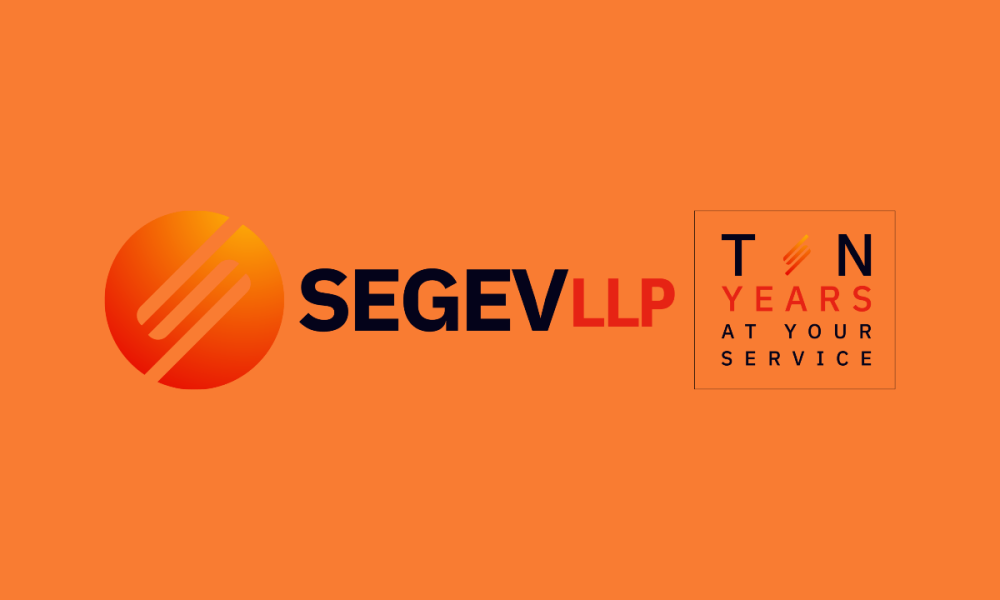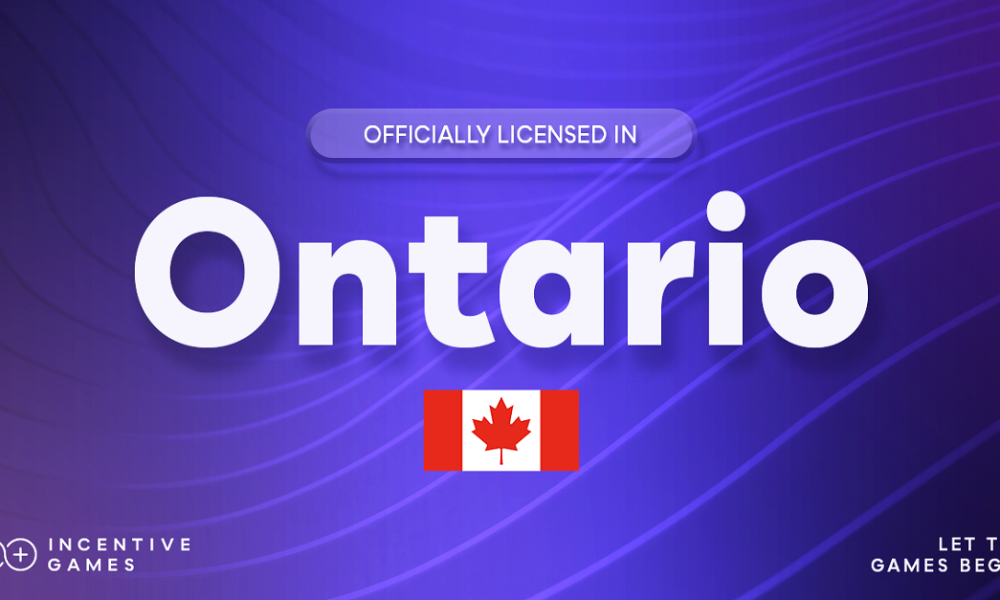Canada
Colorado Approves $1.5 Million to Combat Problem Gambling
The Colorado Limited Gaming Control Commission, at the most recent Commission meeting, approved the first distribution of Responsible Gaming Grant awards totaling $1,571,965 in awards to projects directly addressing the issue of problem gambling, addiction treatment, educational programs, counseling, research, advocacy efforts, or support services.
Five project awards were granted to three organizations, the Kindbridge Research Institute, the Massachusetts Council on Gaming and Health, and the Problem Gambling Coalition of Colorado, for various projects, including gambling counselor training and certificate programs, research on the current landscape of problem gaming in Colorado, a collegiate awareness program, a social marketing campaign and research on gambling addiction, and the creation of a problem gambling center in Colorado.
Signed into law by Governor Jared Polis on June 7, 2022, House Bill 22-1402 established the Responsible Gaming Grant Program to promote responsible gaming and address problem gaming in Colorado. The act enabled the Colorado Limited Gaming Control Commission to administer the annual grant program and award grants to eligible applicants from the Responsible Gaming Grant Program Cash Fund. The responsible gaming grant program is meant to provide meaningful funding and encourage prevention, education on gambling addiction, additional counselors, public awareness, treatment, recovery, data and research in Colorado.
“We would be ignoring the obvious if we did not accept that the largely positive experience of gaming in Colorado does not, amongst its participants, have some who are negatively impacted by their participation. The legislature has recognized, and our Commission prioritized, public education and treatment options, including training certified counselors to help individuals and families. Our actions this month are just the beginning of our efforts to recognize that there is such a thing as problem gaming and to address mitigating its negative impact,” said Commission Chair Richard Nathan.
Peggy Brown with the Problem Gambling Coalition of Colorado, a recipient organization of three funding awards, said: “The Problem Gambling Coalition of Colorado is excited to be a recipient of funding provided by the Responsible Gaming Grants awarded by the Division of Gaming and the Colorado Gaming Commission. We look forward to continued input and support from both the Division and Commission during grant implementation.”
Alon Segev
Segev LLP Celebrates 10 Years of Business-Focused Legal Innovation

Leading business, technology, finance, and gaming law firm, Segev LLP, is proud to announce its 10th anniversary. Over the past decade, Segev has evolved from a bold idea into a multi-jurisdictional firm serving clients across Canada, the U.S., and beyond.
Built for innovation-driven industries, the firm is widely recognized for its work with companies at the forefront of gaming, crypto, technology, and emerging sectors. “Our 10-year anniversary is a defining moment,” said Founding Partner, Ron Segev. “It’s a testament to the strength of our team and our culture of teamwork, self-improvement, and growth – all of which is directed at scoring wins for our great clients.”
As industries like fintech, crypto, iGaming, and AI have matured, so has the firm, often in parallel with its clients. “We’ve all grown together with our clients from one success to the next, whether it be helping clients complete financings or helping them close business,” said Managing Partner Alon Segev. “I look forward to continued growth for us and our clients in the next 10 years!”
The firm’s client-first approach has consistently earned recognition from top legal ranking guides. Segev LLP is ranked by Chambers and Partners as a “Leading Firm” and “Band-1” in Canada for Gaming Law and are also recommended by The Legal 500 and Lexology. These rankings reflect the team’s ability to deliver strategic, high-quality legal solutions that align with their clients’ business goals.
Recognized for their unique ability to exceed expectations and deliver out-of-the-box solutions, Segev LLP’s clients have affirmed: “The firm demonstrates its capability not only to understand complex matters, but also to offer solutions that are practical, pragmatic, and value-adding.”
“Segev possesses outstanding resources and maintains global partnerships, enabling it to deliver precise and informed responses to any queries related to the iGaming industry.”
“Epic service, very good, I won the case!”
“Great service, friendly atmosphere, and support.”
Several Segev team members also reflected on the milestone: “There was a moment early in my time here when I realized I wasn’t just being brought in to help; I was expected to contribute, take initiative, and run with big ideas. That stuck with me,” said Negin Alavi.
“Together with our clients, [Segev] has experienced remarkable growth over the past decade. I’m honored to have contributed to this journey and to celebrate these shared successes,” said David McHugh.
“Segev has cultivated a thriving law practice on the principle that challenges are to be embraced as opportunities. The approach has enabled us to grow as lawyers, but more importantly, it has enabled us to ensure the success of our clients,” said Mark Balestra.
“Since joining through Segev’s Ontario expansion, I’ve had the chance to work alongside some of the sharpest and most collaborative lawyers in the gaming space,” added Manav Bhargava. “As a full-service firm and industry leader, Segev stands out for its ability to support innovative businesses with practical, forward-thinking legal advice.”
Segev LLP will commemorate the anniversary with a series of internal and external initiatives throughout the remainder of the year.
The post Segev LLP Celebrates 10 Years of Business-Focused Legal Innovation appeared first on Gaming and Gambling Industry in the Americas.
AGCO
INCENTIVE GAMES SECURES ONTARIO GAMING LICENSE

Incentive Games, a leading B2B games provider, is proud to announce that it has been awarded an Ontario Gaming License by the Alcohol and Gaming Commission of Ontario (AGCO), effective today. This achievement enables the company to offer its portfolio of real-money games to licensed operators and players across the province.
The license underscores the Incentive Games’ commitment to meeting the highest standards of compliance, security, and operational excellence. The rigorous application process demands robust security protocols and comprehensive responsible gaming measures and affirms the company’s readiness to enter one of Canada’s most dynamic iGaming markets.
The North American market is a strategic focus for Incentive Games, and this milestone follows closely on the heels of the company receiving its Provisional Michigan gaming licence from the Michigan Gaming Control Board earlier this month.
Incentive Games will distribute its real-money gaming content in Ontario through Incentive Studios, the company’s dedicated Real-Money Gaming division, ensuring a focused and tailored approach to the market.
“Ontario represents a huge opportunity for us, and securing this license is a proud moment for the whole team,” said John Gordon, Chief Executive Officer at Incentive Games. “It reinforces our dedication to meeting the highest standards while delivering compelling real-money content. We’re looking forward to building strong relationships in the region and continuing our momentum across regulated markets worldwide.”
The post INCENTIVE GAMES SECURES ONTARIO GAMING LICENSE appeared first on Gaming and Gambling Industry in the Americas.
AGLC
AGLC Announces New Board Chair

Alberta Gaming, Liquor and Cannabis (AGLC) has announced the appointment of Larry Spagnolo as the new Board Chair, effective August 15, 2025. This announcement follows the official Order in Council issued by the Alberta Government and marks a new chapter in AGLC’s ongoing commitment to support communities, encourage responsible choices and position Alberta as the best place to do business.
Larry brings a wealth of experience in technology and business leadership to the AGLC Board and will play an integral role in guiding AGLC’s strategic direction. He is currently serving as VP and GM of Emerson’s SaaS SCADA business and has held senior roles at Zedi and Telus, driving innovation, growth, and global success.
A strong advocate for education and community, Larry serves as Vice Chair of Athabasca University’s Board of Governors and has held board roles with NAIT and Polytechnics Canada. He was awarded the King Charles III Coronation Medal for his community contributions.
AGLC and the Board of Directors extend their heartfelt thanks to Len Rhodes for his leadership and dedication as Board Chair since August 2019. He decided not to seek a third term and will continue to serve in this role until August 14, 2025. Len led AGLC through some significant milestones, including reducing red tape by 51%, growth of the emerging cannabis industry and ensuring AGLC delivered a balanced approach to business development, social responsibility, and regulatory oversight.
The post AGLC Announces New Board Chair appeared first on Gaming and Gambling Industry in the Americas.
-

 gaming3 years ago
gaming3 years agoODIN by 4Players: Immersive, state-of-the-art in-game audio launches into the next generation of gaming
-
EEG iGaming Directory8 years ago
iSoftBet continues to grow with new release Forest Mania
-
News7 years ago
Softbroke collaborates with Asia Live Tech for the expansion of the service line in the igaming market
-
News7 years ago
Super Bowl LIII: NFL Fans Can Bet on the #1 Sportsbook Review Site Betting-Super-Bowl.com, Providing Free Unbiased and Trusted News, Picks and Predictions
-
iGaming Industry8 years ago
Rick Meitzler appointed to the Indian Gaming Magazine Advisory Board for 2018
-
News7 years ago
REVEALED: Top eSports players set to earn $3.2 million in 2019
-
iGaming Industry8 years ago
French Senator raises Loot Boxes to France’s Gambling Regulator
-
News7 years ago
Exclusive Interview with Miklos Handa (Founder of the email marketing solutions, “MailMike.net”), speaker at Vienna International Gaming Expo 2018










